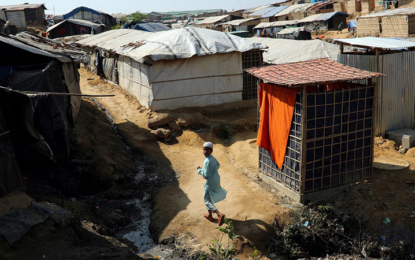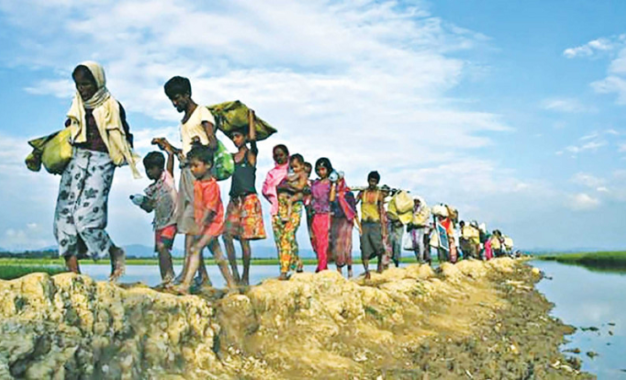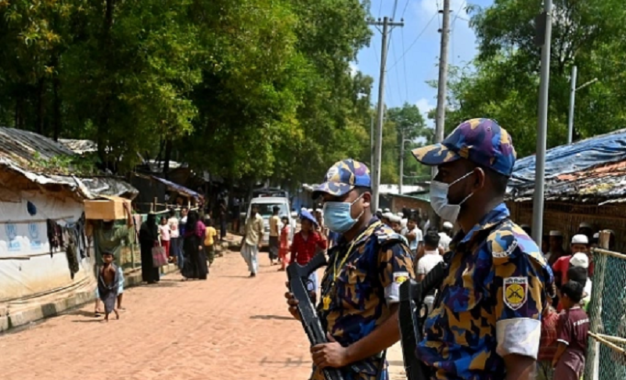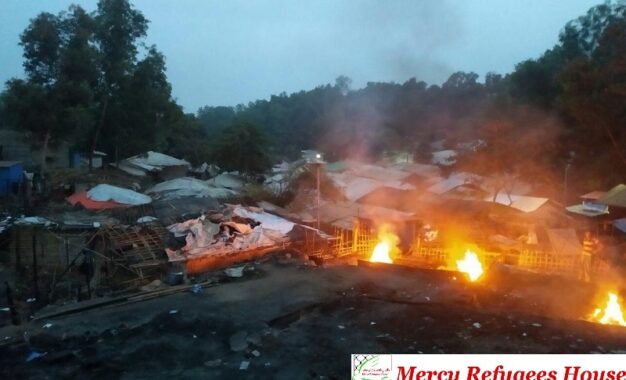Latest News
Rohingya refugees receive first COVID vaccinations in Bangladesh
Bangladesh, Education, Help Refugees, Human Rights, Myanmar, Refugees Issues, Religious Rights

The agency welcomed the start of the vaccination drive, in line with national authorities’ broader public health efforts, which began on Tuesday.
“The first step in fully protecting communities…is through the rollout of vaccination[s]”, said Johannes Van Der Klaauw, UNHCR’s Representative in Bangladesh.
Fair distribution
UNHCR stressed that when allocating the vaccines, the equitable inclusion of Rohingya refugees is critical to curbing the spread of the deadly disease.
The drive is being led by the Bangladesh authorities with technical support from UNHCR, the World Health Organization (WHO) and other humanitarian partners.
ALSO READ THIS: BANGLADESH BEGINS COVID VACCINATION DRIVE FOR ROHINGYA REFUGEES
“We are grateful to the Government of Bangladesh for having included Rohingya refugees in the vaccination campaign”, said Mr. Van Der Klaauw.
The complex Rohingya refugee crisis erupted in August 2017, following attacks on remote police outposts in western Myanmar by armed groups alleged to be from within the community. These were followed by systematic counter attacks against the minority, mainly Muslim Rohingya, which human rights groups, including senior UN officials, have said amounted to ethnic cleansing.
Frontline efforts
Thousands of refugee and host community volunteers have taken the lead, working to fight the on-going pandemic since it began, by informing refugees about health and hygiene, monitoring signs of illness, and connecting the refugee community with critical health services, according to UNHCR.
Amazon Sponsorship
Recent Posts
Jul 29, 2023
It has been close to six years since hundreds of thousands of Rohingya faced a deadly genocide by Myanmar’s military and fled the country in search of protection and refuge in neighbouring Bangladesh. The Rohingya population has been undergoing persecution, discrimination, arbitrary arrests, and atrocities in Myanmar for over seven decades. Their condition is alarmingly […]


















